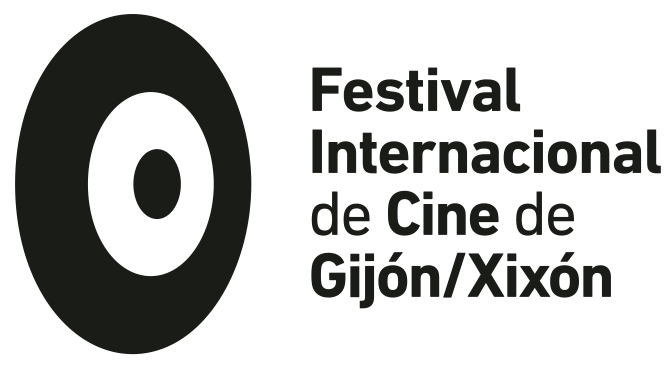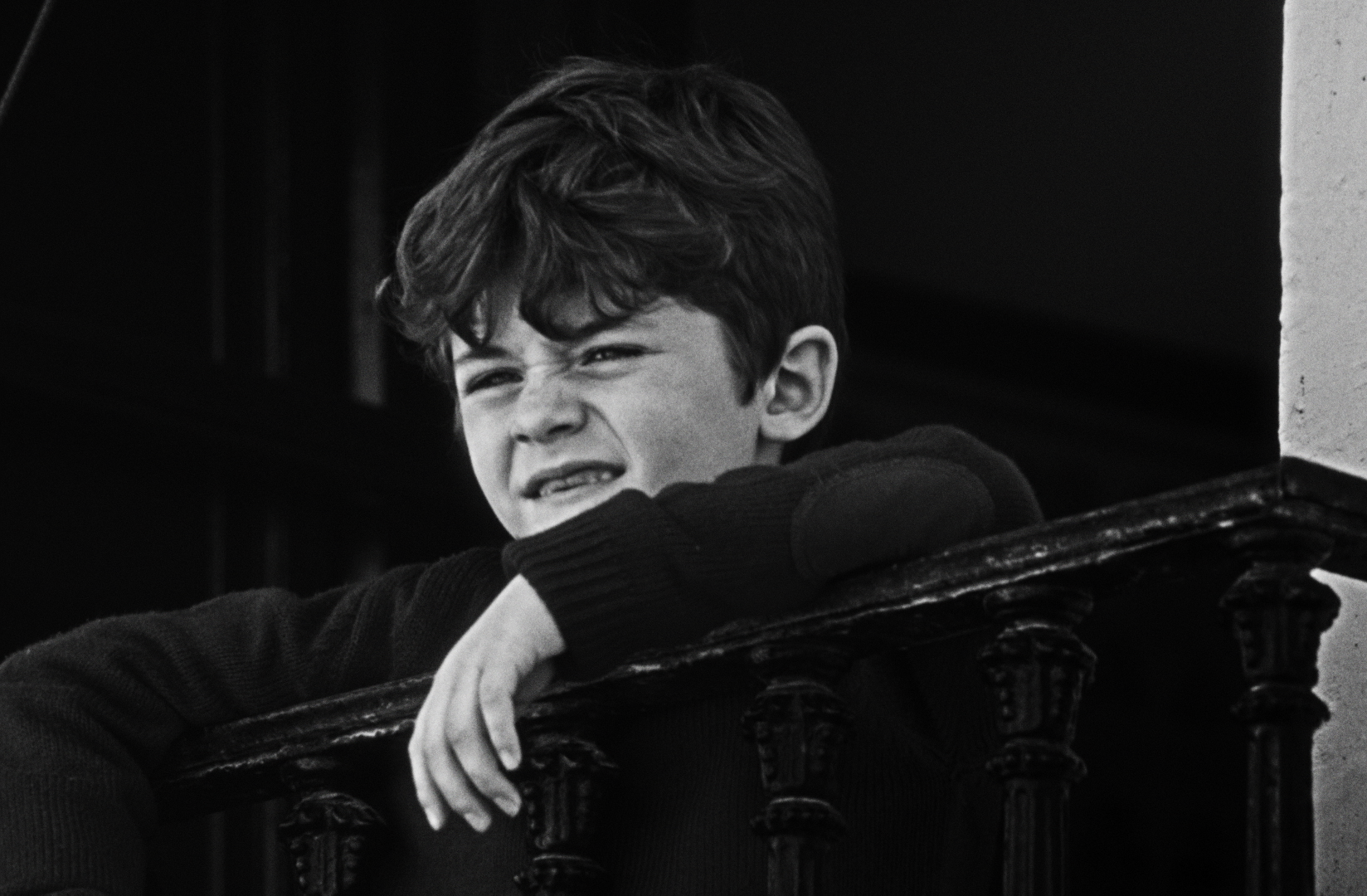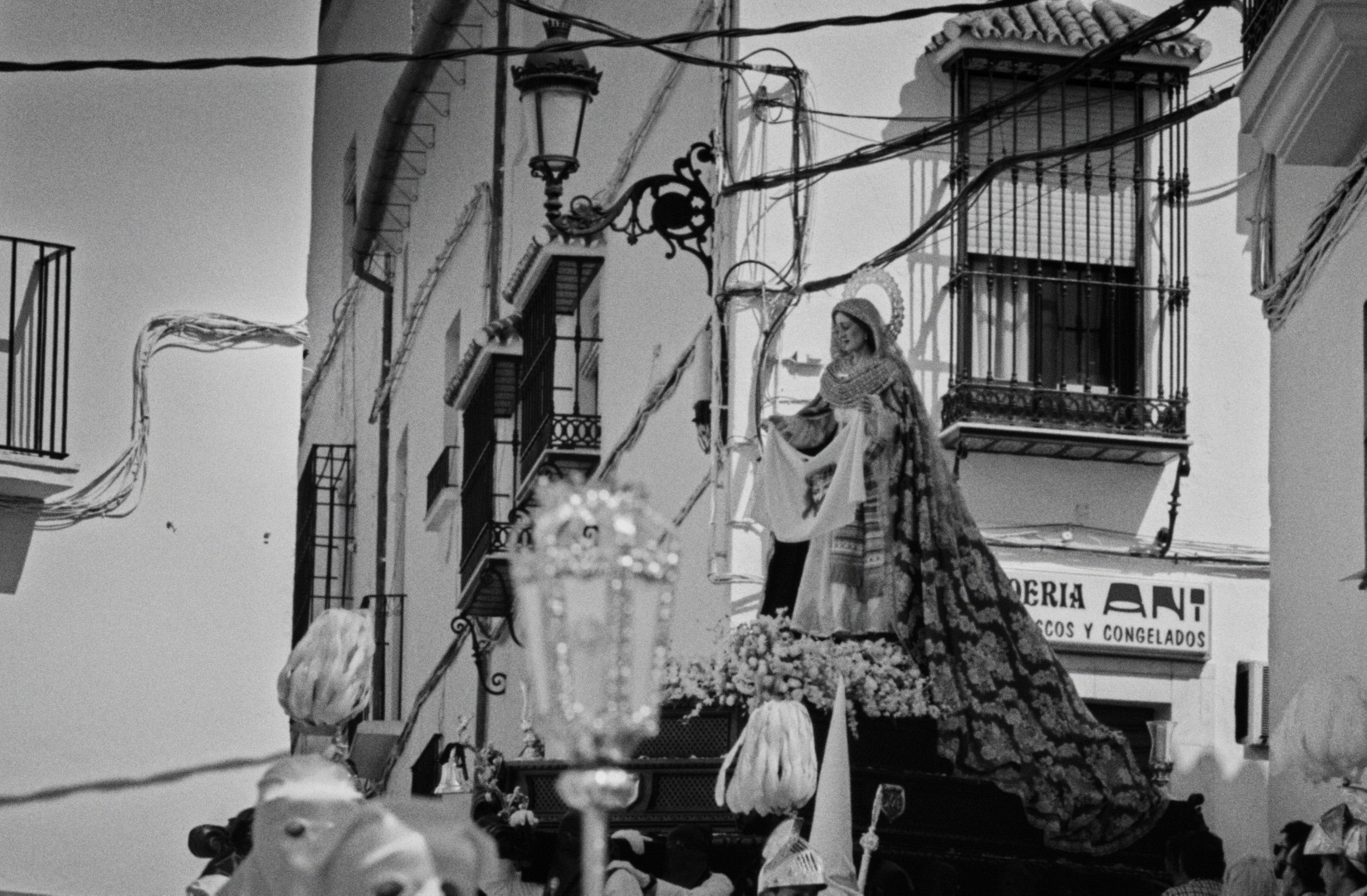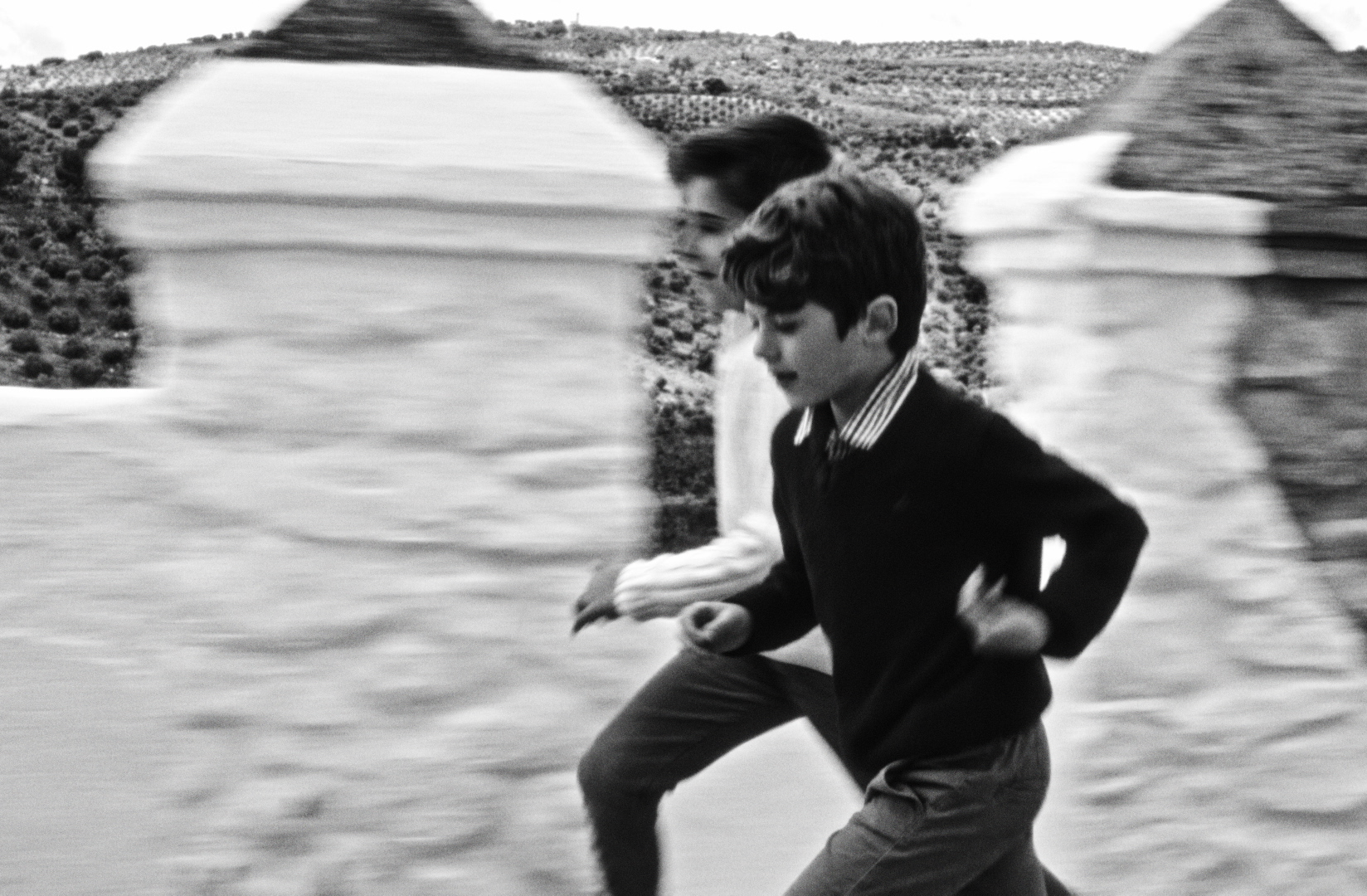Luis Muñoz Cubillo, aka Soto, born in 2000 in Baena, Córdoba, Spain, earned a degree in Cinematography and Audiovisual Arts from TAI School in Madrid. At the age of 19 he founded the collective 'La Huelga de las Sardinas', through which he makes most of his work. His films are characterized by the use of rural areas as a backdrop. Interested in decentralized production models, he shoots his films, imbuing them with an aura of escapism in the face of urban freneticism. His work deals with topics such as absence, memory and adolescent drifting, impregnated with traces of magical realism and phantasmagoria inherited from Latin American literature.
Alfredo Picazo is a filmmaker born in Baena, Cordoba, Spain in 2000. He studied at TAI School in Madrid and specialized in Film Directing. At the same time, he also trained as a colorist and directed several music videos. He worked as a cinematographer in Soto's 'El Cuento del Limonero' and he also wrote and directed the short film 'Cuando se hundieron las formas puras', freely inspired by the story of Federico García Lorca during the Spanish Civil War. 'The Trail left by Time' is his feature debut as a director.
Directors' Filmography:
· The Trail Left by Time (feature, 2023, co-directed by Soto & Picazo);
· El Cuento del Limonero (Medium-length, 2021, directed by Soto, cinematography by Picazo);
· Sueños y Pan (school feature, 2023, directed by Soto);
· Circo de Pulgas (short, 2022, directed by Soto);
· Cuando se hundieron las formas puras (short, 2021, directed by Picazo)
Directors' Note of Intent:
Alfredo and I, both grew up in the heart of the old town of a village called Baena, with its white houses, narrow alleyways and sun rays cutting through its breathtaking corners.
Ever since we had to move to Madrid, we have been evoking almost all our stories from those places, and in our cinematic moral we started to form the need to give them a new meaning: turning those very streets we grew up in into a film location. This desire maybe goes back to the visual fascination that this village is able to create in our eyes (and those of any beholder). But it is also about having the opportunity to shoot in the same places where as a kid I dreamed about making films, a gift that would fulfill the soul of anybody presented with it. In the end, as an Austrian poet used to say: «The only country that man has is his childhood».
As we were reimagining the concept of this place as a shooting location, immediately a vivid memory from the past came to us: how early in April grandparents and grandchildren were whitewashing together the walls of the old town. Whitewashing is a common custom in everybody’s home, but during this time of the year it becomes a collective experience. The walls would become even whiter because they were seeing the procession pass though. The Holy Week in Baena is the most important event of the year and we all lived it with passion.
Cloaks are prepared, tales are untangled, helmets are adjusted and the rope tension drums are spanned, all to fill with color and pain the enchanting corners that make up our village. It is almost a theater piece that stages the Life of Christ: from Palm Sunday to Resurrection day the village itself turns into a stage for a few days.
With a shared goal to bring together staging and childhood, we made this film through the eyes of a child. A child that for the first time truly understands the meaning of death, by keeping his captive gaze on the funeral figures that walk through the night of Holy Friday. This is a love letter to childhood, tradition, local craftsmanship and the identity of Andalusia and our village of Baena.












